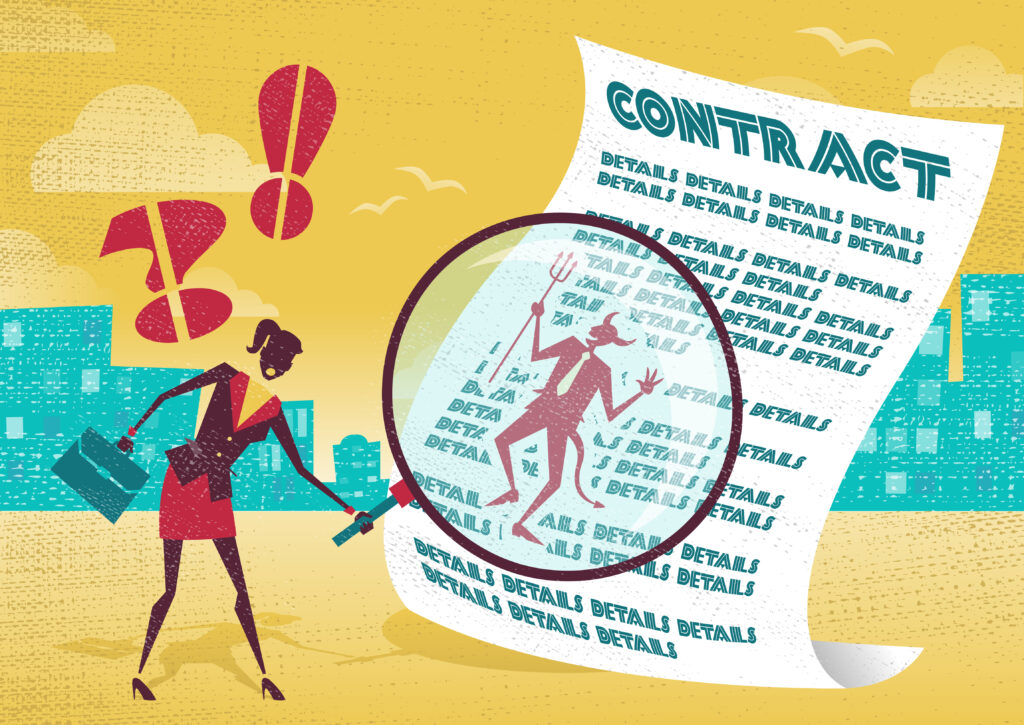You already know the highlights: the Big Beautiful Bill (BBB) is Congress’s latest effort to stuff 10 pounds of tax cuts into a five-pound bag. It locks in most of the 2017 Tax Cuts and Jobs Act. Marginal rates stay low. The standard deduction stays chunky. The qualified business income deduction lives to fight another day. Cue the confetti (and another round of Roth conversions while you’re at it).
But like any 900-page legislative monstrosity, it comes with surprises hidden deep in the fine print. And if you’re only paying attention to the headline rates, you’re missing the real action — because some of these unexpected provisions pack a punch.
First, some good news. Section 1202 stock just got even hotter. That section lets certain startup founders exclude up to 100% of capital gain on the sale of Qualified Small Business Stock (QSBS). That’s right — capital gains gone, like your willpower during Girl Scout cookie season.
Before the BBB, the rules were generous, but picky. You had to hold the stock for five years. The issuing company had to be a domestic C corp. And there were limits on the types of businesses and the size of the balance sheet. Fine print galore.
But now? The BBB raises the bar in a good way. It expands QSBS eligibility to more types of business activity (hello, tech-enabled service firms), bumps the asset threshold for qualification, and clarifies that stock issued via SAFE notes and convertible instruments can still count — provided certain criteria are met. It even includes a new grace period for companies that temporarily bust the $50 million limit, letting them “cure” their way back into compliance like a politician backpedaling from a tweet they swear they never posted. (QSBS? What QSBS?) And there’s an investor-friendly clarification: trusts can now hold QSBS and still qualify for the exclusion, finally giving estate planners a reason to break out the champagne (or at least the good tea).
Translation: if your startup stock was already smelling sweet, the BBB just topped it with caramel sauce. Expect a gold rush in the tax planning world to reorganize small corporations for maximum Section 1202 exposure.
Of course, no tax bill gets passed without some hidden heartbreak. So now for the bad news: Vegas just became an even bigger gamble.
Under prior law, you could deduct gambling losses against winnings — up to the amount of your winnings, anyway. It wasn’t great, but it was at least symmetrical. You won $10,000, lost $9,000, you were taxed on a net $1,000. Fair-ish.
The BBB changes that. Under the new rules, you can only deduct 90% of your actual losses.
So let’s say you’re a disciplined card counter who wins $10,000 and loses $9,000. That $9,000 is now only 90% deductible, meaning you can write off just $8,100. That, in turn, means you’ll be taxed on $900 of income you didn’t even bring home!
Worse, there’s no carve-out for professional gamblers (who do exist, despite what your spouse says after your third trip to the casino buffet). And nothing in the bill adjusts the rule for inflation. So over time, that 10% haircut on losses could turn into a serious bite out of your chip stack.
Bottom Line: advisors like us are combing through this bill with a fine-toothed comb. There are new opportunities, especially with QSBS. And there are new traps, especially if your retirement plan relies on the Powerball. So we’re studying the fine print. Because when it comes to taxes, that’s where we find your real savings!






